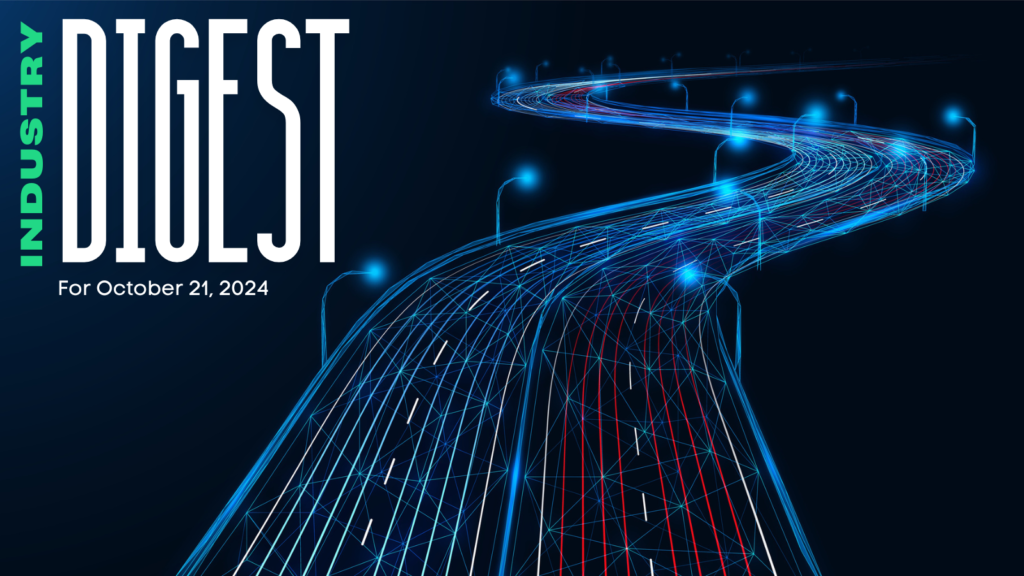In the News: The First Robo-Car Race

Take a fresh look at the 2004 DARPA challenge that launched self-driving cars in the United States.
A new website has an updated narrative on the U.S. Department of Defense project that eventually lead to the birth of the self-driving car industry. It lays out a 150-mile race through the Mojave Desert, but with a twist – no human drivers allowed. The prize? A cool $1 million for the first autonomous vehicle to cross the finish line.
Spoiler alert: none of the 15 brave robots made it to the end. The best performer didn’t even hit the 8-mile mark. But hey, it wasn’t all doom and gloom. This so-called “failure” was actually a massive success. The DARPA Grand Challenge showed the world that autonomous vehicles were more than just a fantasy. It sparked a wave of innovation and investment in self-driving technology. Many participants went on to lead successful companies, raise millions of dollars, and deploy thousands of autonomous vehicles on public roads.
Many of the folks who took part in this challenge went on to become big names in the autonomous vehicle industry. So, while the race itself was a bit of a bust, it set the stage for the amazing advancements we’re seeing today in self-driving tech.
The Feds have begun their investigation into Tesla FSD crashes
A recent investigation was launched by the National Highway Traffic Safety Administration (NHTSA) into Tesla’s Full Self-Driving (FSD) software. The probe was initiated after reports of four crashes, one of which was fatal, involving Tesla vehicles using the FSD software in conditions of reduced roadway visibility, such as sun glare, fog, or airborne dust. The investigation will cover approximately 2.4 million Tesla vehicles equipped with the FSD software, including models from 2016 to 2024. NHTSA aims to assess the ability of the FSD software to detect and respond to low-visibility conditions and determine if there have been any other similar crashes.
In April, NHTSA closed a 3 year probe into AutoPilot, Tesla’s less advanced ADAS system, after investigating close to 500 crashes where the system was active. The agency found that 13 of the crashes were fatal.
ADAS/AV, Sensor Technology
San Francisco is learning to love AVs
WeRide reveals new self-driving van, tons of interior space
Nearly 40% of UK car buyers surveyed moderately or highly value Hands-free driving systems
Waymo co-founder would rather be in Tesla’s shoes
New technique could help Autonomous Vehicles see their surroundings better
How AVs could shape urban mobility
Houston Food Bank to make deliveries with self-driving cars to pregnant women facing food insecurity
P3 ADAS benchmark – Huawei is a leader
2025 Mach-E debuts BlueCruise 1.5 with auto lane-change, MSRP starts at $3500 lower than before
Car talk
Lucid expects to raise nearly $2B from stock sale
Scholz: German carmakers should not be afraid of Chinese competition
BMW’s Neue Klasse design and technology will feature on both gas cars and EVs
GM, Ford brace for investor scrutiny over EV losses – though GM CEO says EVs will be profitable this year
Other news
Rivian failed to pay $204M after bringing motors in-house, says supplier – though their new R1T/R1S Halloween costumes are pretty cool
CR tries out Tesla Superchargers on other OEMs
Turns out Apple was working with BYD on their now-shattered EV dream
China accuses foreign firm of Illegal geographic data collection